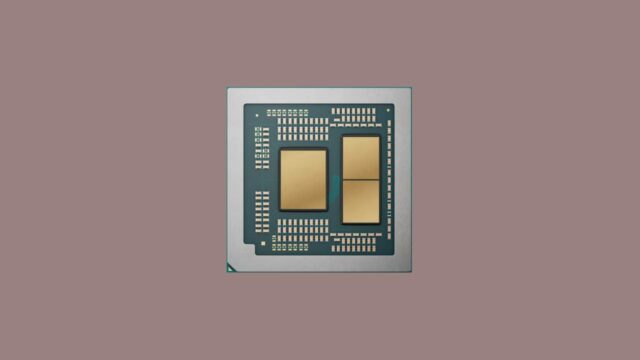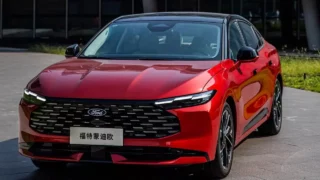AMD has officially revealed its latest gaming laptop processors, but there’s a surprising twist. Despite being positioned as a next-gen product, these chips are built on older RDNA 3 and Zen 4 architectures. While they promise solid performance boosts for mid-range systems, the announcement has left some tech watchers scratching their heads over the lack of architectural evolution.
AMD launches Ryzen 8040 series for gaming laptops

The newly announced Ryzen 8040 series will power a wide range of upcoming gaming laptops. AMD claims improvements in AI processing and overall power efficiency, which could translate into better battery life and smoother multitasking. However, the chips still rely on the same Zen 4 CPU cores and RDNA 3 graphics found in the previous generation, leading to mixed reactions online.
Ryzen 8040’s AI upgrades aim to future-proof laptops
One of the headline features of the new chips is the integration of AMD’s XDNA AI engine. This neural processor is designed to enhance AI workloads, such as background blur, voice filtering, and intelligent battery management. AMD hopes this added functionality will make its laptops more attractive in a market increasingly shaped by on-device AI processing.
AMD faces tough competition from Intel and Apple
While AMD is banking on incremental improvements, rivals are pushing forward with more aggressive chip designs. Intel’s Meteor Lake architecture and Apple’s M3 chips are gaining attention for bigger leaps in performance and efficiency. AMD’s decision to stick with older architecture may keep prices competitive, but it risks falling behind in the innovation race.
New chips, familiar foundation
AMD’s latest laptop processors might not break new ground, but they still offer value for mainstream gamers and mobile users. With enhanced AI support and decent graphical capabilities, the Ryzen 8040 series aims to strike a balance between cost and performance—even if it leans on last-gen tech to get there.














